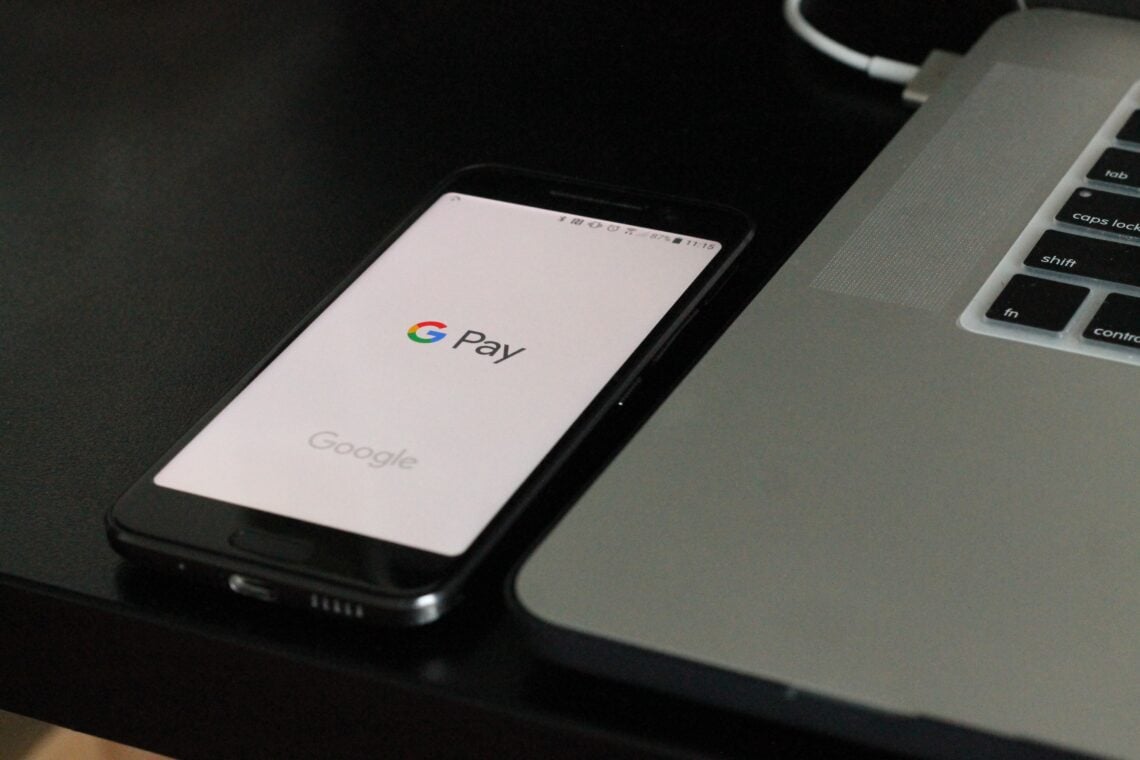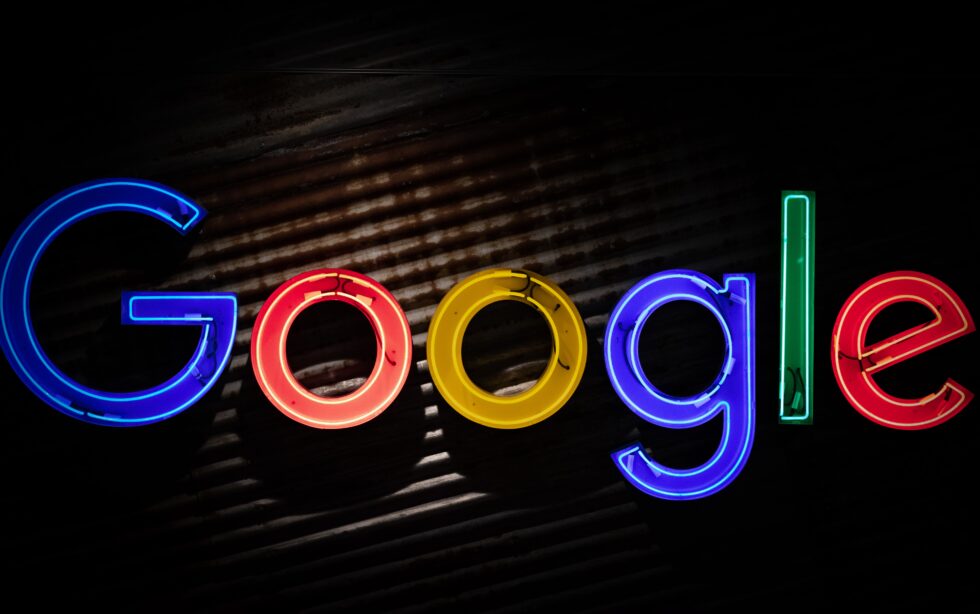As early as next year, the wallet Google Pay is expected to become a powerful finance app. Paying, saving, managing expenses, sharing bills and managing coupons will all soon be possible with Google Pay, shares Google on the record in the Google Blog with. But that’s not all: next year, Google wants to expand the new Google Pay to include so-called Plex Accounts. As with the mobile payment Google basically offers the frontend, which means that consumers should keep their “old” bank account but be able to manage it in Google Pay. In order for this to work, the company offers the appropriate Google Pay app as well as the corresponding interfaces. Plex accounts offer more than a multibanking function as we know it here in Germany.
A Plex account not only shows sales, but you should also be able to create savings plans directly and much more. In order for this to work, a bank must actively participate in Google, as is the case with mobile payments. In the USA, Google is initially only starting with Citi Bank and Stanford Federal Credit Union (SFCU). Other partners include BankMobile, BBVA USA, BMO Harris, Coastal Community Bank, First Independence Bank and SEFCU. Spoiler alert: It’s all free for consumers, of course.
Google Pay financial platform first in the U.S.
Now the US is far away, the banking landscape works differently than in Germany or Europe, especially in the consumer business. It sometimes takes years for a Google service to be offered in other countries, if it makes it out of the US at all. But considering that Google Pay has more than 150 million monthly active customers in 30 different countries worldwide, I would get a little nervous as a bank.
Especially against the backdrop that one had to learn recently in the mobile payment segment that one had absolutely nothing against the mobile payment methods of Apple and Google in the hand and in the end one had to support both Apple and Google Pay and thus had to give the customer interface out of the hand.

If Google now also reinvents the view of the account, the air will be thin for banks. And it doesn’t matter whether it’s a retail or a neo-bank. Because Google won’t just provide a fancy app, they’ll do what they do best: Provide context.
Google Pay becomes banking as it should be
The features of the new Google Pay solution read like the holy grail of mobile banking. The display of transactions is not meant to be chronological, but structures transactions based on relationships with friends or businesses. Users can also split and charge expenses like rent or dinner across a group in Google Pay. Google Pay is supposed to provide a regular spending summary and show trends and insights about spending habits.
Google Pay’s payment categorizations are supposed to be more sophisticated than what we know from other banking apps. If a user searches for “groceries,” “last month,” or “Mexican restaurants,” all relevant transactions will be found. Google can data.
If Google now gives transaction data a context, this is an attack on many services. Google knows every invoice from e-commerce, every reminder runs up in Gmail. Together with transaction data, Google can build a detailed and lifelike scoring model. Also, Google can try to give tax relevance to an entry, so that tax returns at the end of the year could be done automatically, from Google of course. Offering loans, when it makes sense, Google should already know before the consumer has a financial bottleneck.
Forced by Google Pay to be happy
Google offers all of this on a voluntary basis. Neither consumers nor credit institutions have to participate on one side or the other. For consumers, utility and convenience quickly win out, and for credit institutions, the situation is somewhat different.

On the one hand, Google of course offers a wonderful opportunity to better reach the customer, on the other hand, you put yourself in a dependency. Hard to imagine that this is in the interest of the banks. But this is where the years of neglect of the customer interface take their revenge and the whining will be great. As with most topics of the last few years.
Mobile payments, digital identities, digital currencies and much more. There is a lot of whining about the evil tech giants expanding their lead, but too little is being done to make this lead smaller. Especially in the operation of the customer interface you can observe this. All you have to do is go to the App Store and look at the banking apps. A tragedy.
























